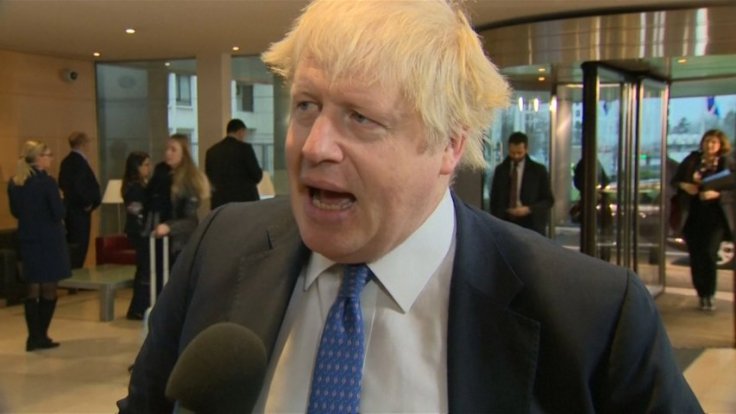
Britain is set to go to the polls on December 12 after the House of Commons approved Prime Minister Boris Johnson's proposal to hold elections to break the Brexit deadlock. Johnson and the Conservatives hope the election will give them a majority in parliament, which they lack now, helping them push ahead with the completion of Brexit. For the Labour, this is a chance to storm their way back, probably with the help of other opposition parties.
Meanwhile, polling expert John Curtice said that the election could spring a surprise on both the Tories and the Labour. His prediction is that there will be a record number of non-Conservative MPs and non-Labour MPs in Parliament after the December 12 elections.
"I think the safest prediction is that we will have a record number of non-Conservative and non-Labour MPs in this Parliament. The SNP look set to win the vast majority of seats in Scotland. The Liberal Democrats given their position in the polls should do extremely well. We expect Caroline Lucas and the Green Party to hang on to her seat. We could have more than 100 MPs that do not belong to either of the other two parties," he said, according to the Express.
If the Liberal Democrats, the Scottish Nationalist Party (SNP) and the independents mop up more than 100 seats, the chances of Johnson and the Tories getting an outright majority will be slim. Anything short of an outright majority for the Conservatives will not help Johnson as he is not seen to be in a position where he can stitch together coalitions at this point of time.
"The Labour Party, by contrast, at least has the possibility of doing a deal with the SNP, a deal with the Liberal Democrats, getting the support of the Greens and maybe even the DUP not standing in their way," says Curtice.

Labour advantage
Meanwhile, a report in the liberal mouthpiece Guardian said the Labour could actually win this general election. The article, written by Tom Kibasi, follows the line offered by Curtice. "The ascendancy of the SNP in Scotland, the rise of the Liberal Democrats in England, and the schism between the Tories and the DUP means that there are fewer seats in play for the major parties," says the author.
The article also points out that the Labour goes into the general elections with three obvious advantages. The first is the Brexit plan Johnson has favoured is bad for the economy. Secondly Tories, who have been in power for the last 10 consecutive years, face anti-incumbency, The third reason is that opinion polls show that Johnson is disliked by large parts of the electorate.









